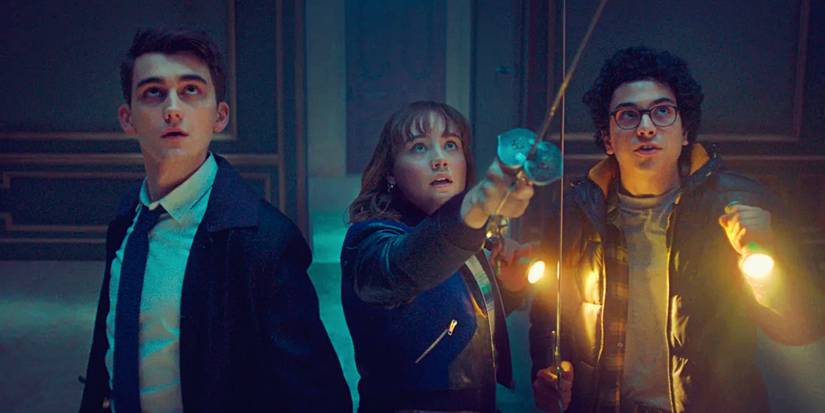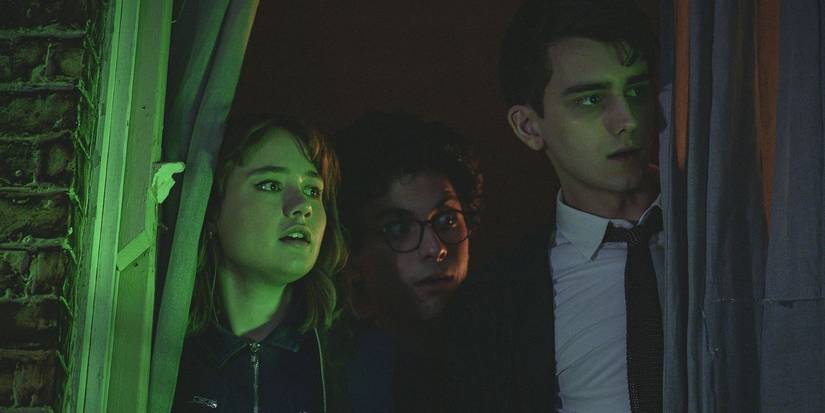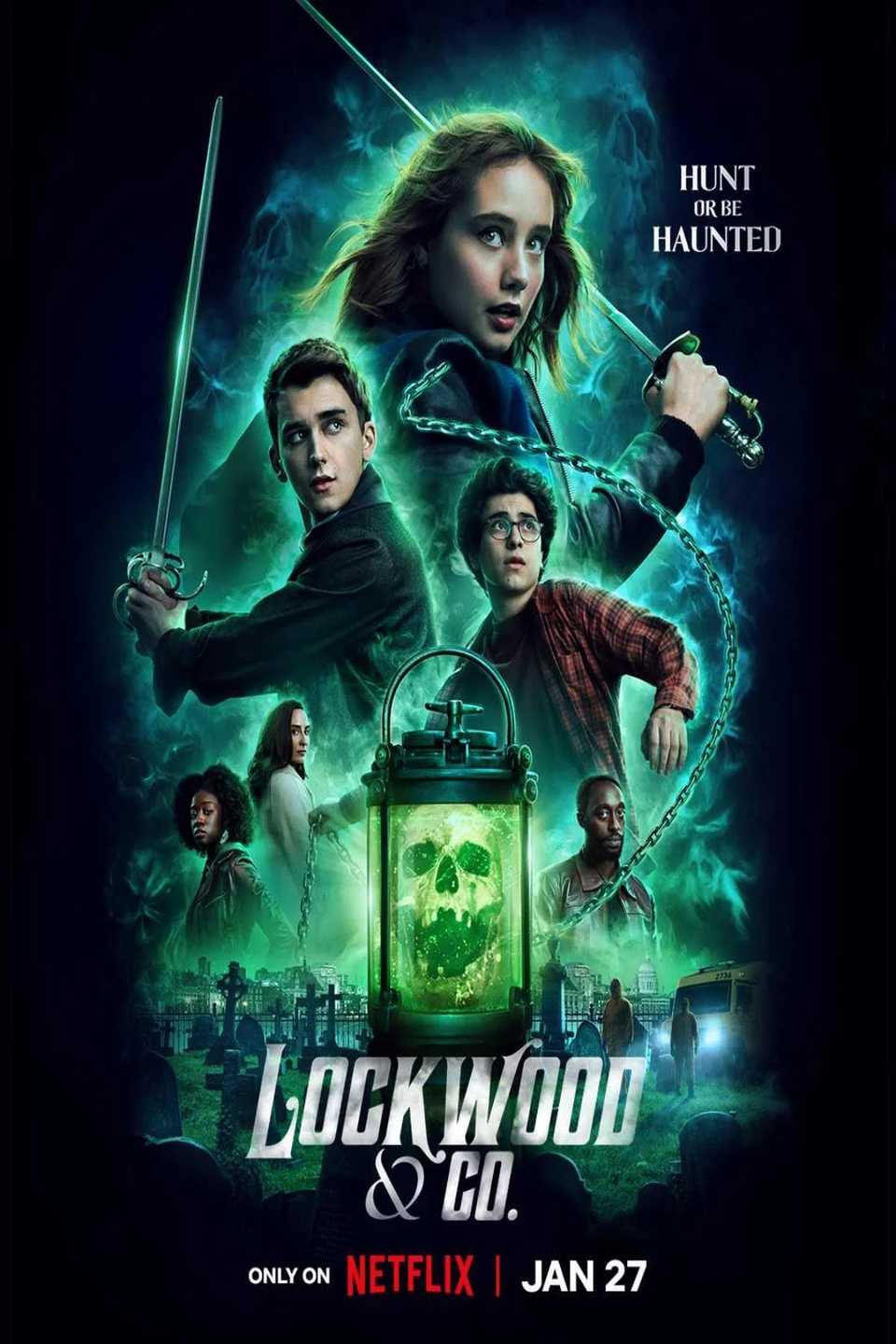Two years ago, when Netflix canceled Lockwood & Co. after just one season, it canceled one of the best book adaptations the platform has ever produced. Book-to-TV adaptations are notoriously tricky to get right, even for a creative powerhouse like Netflix. While some Netflix shows based on novels, like Bridgerton and Virgin River, find great success, others, like Shadow & Bone and Lockwood & Co., aren’t as lucky.
That doesn’t mean they aren’t just as good, if not sometimes better, than their multi-season competitors. Lockwood & Co., for instance, earned favorable reviews from both critics and audiences alike, scoring a well-deserved 94% on Rotten Tomatoes. Unfortunately, fantasy shows are more expensive to create, and Lockwood & Co. was no exception, with Netflix citing relatively low viewership as the reason for its cancellation.
It deserved better, though. Based on the bestselling books by British author Jonathan Stroud, Lockwood & Co. takes place in an alternate version of England, where ghosts rule the streets at night and kids and teenagers are sent out into the dark to vanquish them. It’s a spooky, fun, compelling, and genuinely complex story, and the show’s creators did an incredible job adapting the beginning of Stroud’s five-book series.
Lockwood & Co. Adapted Two Books In One Season, And It Worked Perfectly
Books and TV shows have different storytelling needs. Often, minor characters and side plots from books are lost in translation, bypassed in favor of more action-heavy, cinematic scenes and bigger character moments. While these kinds of changes can affect the story’s cohesion and thematic message, Lockwood & Co. didn’t suffer from that kind of narrative tinkering. In fact, it thrived.
Interestingly, the first season of Lockwood & Co. adapts the story of not one, but two of Stroud’s books. Both The Screaming Staircase (2014) and The Whispering Skull (2015) are woven into Lockwood & Co.‘s only season, laying the groundwork for the rest of the series’ overarching narrative.
|
Lockwood & Co. Books In Order |
Publication Year |
|
The Screaming Staircase |
2014 |
|
The Whispering Skull |
2015 |
|
The Hollow Boy |
2015 |
|
The Dagger in the Desk (short story) |
2015 |
|
The Creeping Shadow |
2016 |
|
The Empty Grave |
2017 |
After introducing the three young members of the titular Lockwood & Co. psychical detection agency – the charismatic and reckless Anthony Lockwood (Cameron Chapman), the grumpy yet brilliant George Karim (Ali Hadji-Heshmati), and the curious and strong-willed Lucy Carlyle (Ruby Stokes) – the show includes the most important parts of both books without ever losing sight of what’s important.
At no point does the story feel rushed or the characters neglected. Lucy still struggles with her Talent and her grief over her friend, George still loses himself to his research, and Anthony still carries the weight of the world on his shoulders. We learn about adults’ shameless, selfish interference in the paranormal, and yes, the ghosts are genuinely scary, too.
Netflix Would Have Only Needed Two More Seasons To Complete Lockwood & Co.’s Story
It’s a genuine shame that Netflix canceled Lockwood & Co. after one season. Not just because it was an intriguing story, or because the show perfectly captured the atmosphere from the books, or because the young actors’ performances were wonderfully compelling, though all of those reasons are valid.
Sadly, Lockwood & Co. is one of many Netflix shows canceled with a cliffhanger. Since two of Stroud’s five Lockwood books had already been adapted, the series realistically would have only needed two more seasons to complete the full saga. Even one additional season might have been enough to reveal what lies beyond Anthony’s locked door and the horrible truth behind the ghost plague.
Unlike other one-off Netflix shows, at least viewers can find out how the story ends by reading the Lockwood & Co. books. Even so, given the care and creativity that went into making this series, and the difficulty of adapting intricate fantasy stories in general, I really wish Netflix had given Lockwood & Co. a second chance.







